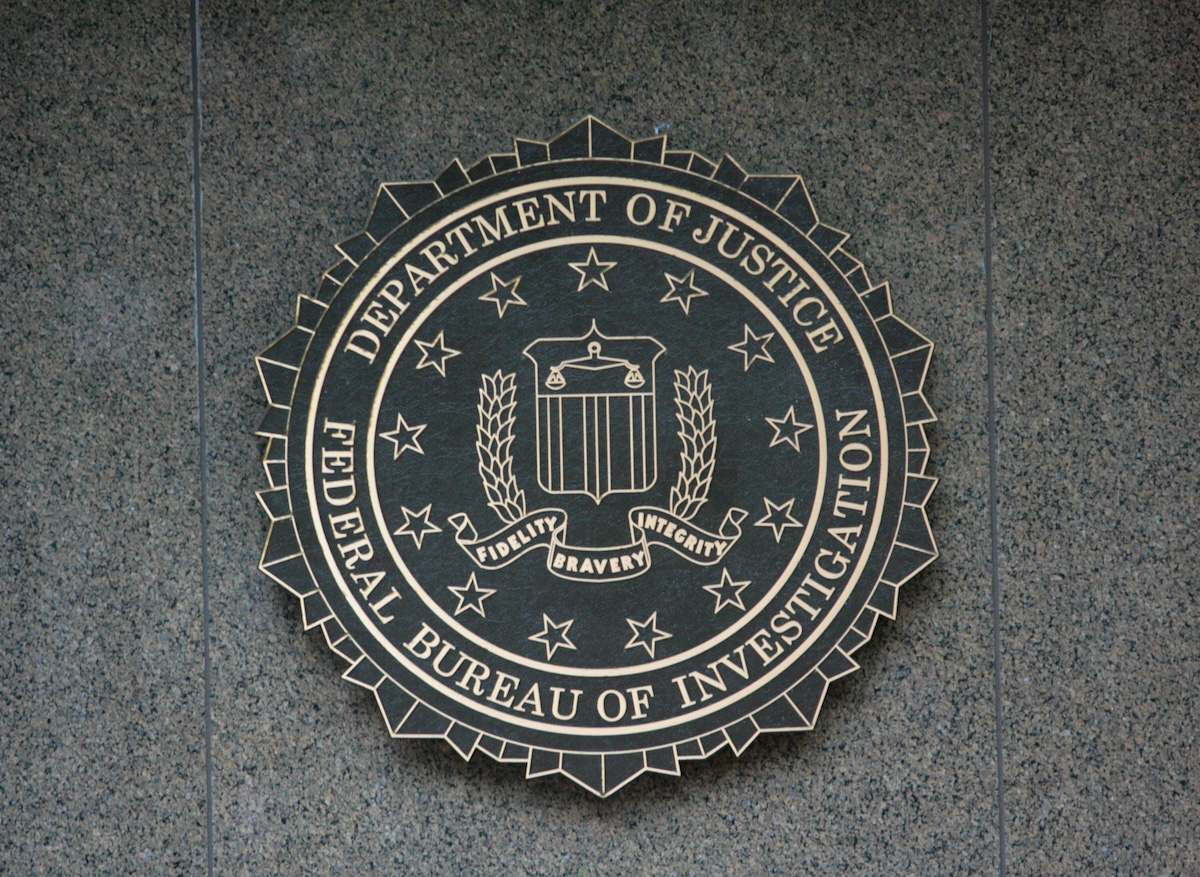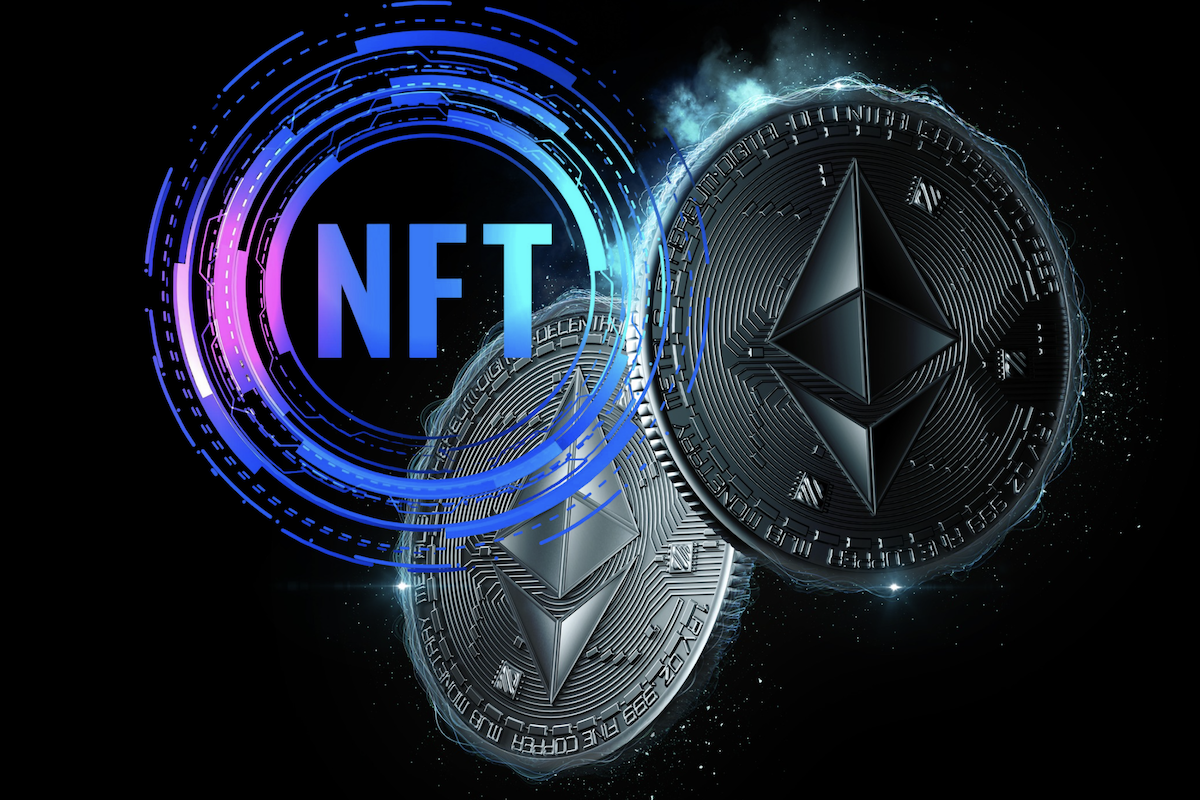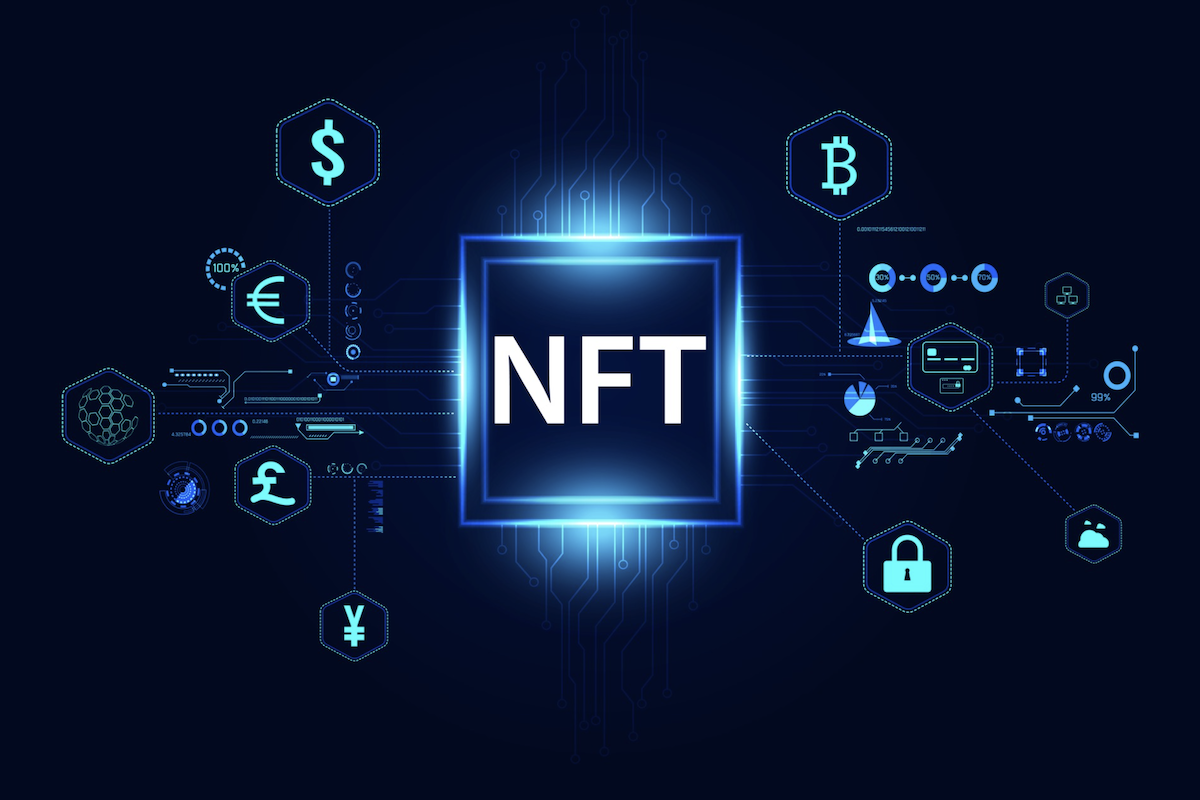The Supreme People's Procuratorate of China has recently brought to light concerns regarding the burgeoning NFT market. Yet, even amid the apprehensions, the potential of NFTs to enhance the country's digital economy and blockchain technologies has been acknowledged.
Risks and Potential in China's NFT Market
The Chinese NFT market, still in its infancy, grapples with a lack of industry standards and government regulation, as observed by the commentary in the Procuratorate Daily. This absence of regulatory oversight, paired with the novelty of the market, results in multiple financial and social risks, including price manipulation, scams, and illegal fundraising, among others.
Public prosecutor Wang Xia-fen, a critical voice in the article, pointed out the presence of counterfeit NFTs in the market, cautioning potential investors about these dubious assets that haven't been minted on a blockchain.

However, it isn't all doom and gloom. Wang acknowledged the bright side of NFTs, noting their potential in advancing blockchain technologies and fortifying the digital economy in China. Drawing from a State Council file dated May 2022, Wang discussed the vision of a regulated market for culture-based digital assets.
The role of digital collectibles in safeguarding intellectual property rights, encouraging content creation, and enriching the digital economy has been recognized, with Wang suggesting that authorities distinguish between genuine innovation and criminal activities.
China's Underground NFT Market
These sentiments demonstrate China's growing interest in NFTs, despite its stiff stance on cryptocurrency mining and trading. The State Administration for Market Regulation reported a staggering increase in NFT-related complaints in 2022, soaring over 300 times from the previous year.
Legal recognition for NFTs came in November 2022 when a court in Hangzhou City classified them as virtual property, subject to the country's E-commerce law.
However, in the face of this growing interest, Chinese banking, securities, and internet finance associations issued a statement in April 2022, urging members to reduce NFT financing, leading most regulated NFT trading platforms to halt secondary trading services.
Yet, this has not deterred the rise of an underground secondary NFT market characterized by unchecked speculation. This development only further accentuates the need for more explicit regulations.
Sun Shan, a scholar at China's Southwest University of Political Science and Law and co-author of the article, believes future legislation should mandate Chinese consortium blockchain operators and authorities to enforce copyright protection in the NFT market, considering the prevalent copyright infringements.
While the road may seem bumpy, the journey of NFTs in China has just begun.






